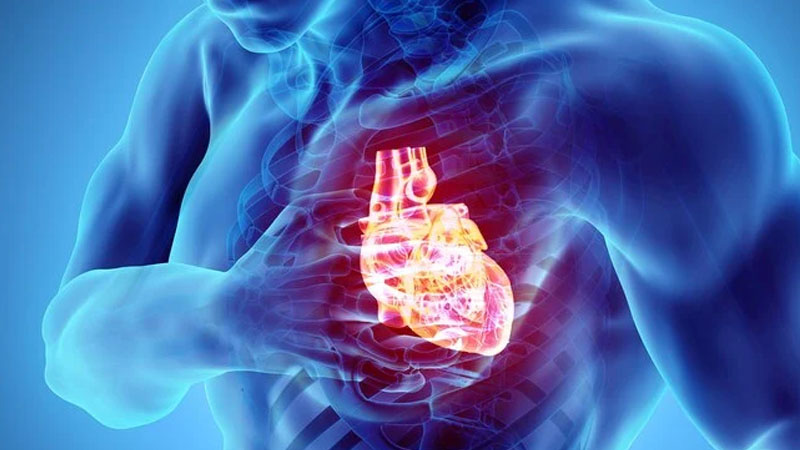Difference Between a Heart Attack and Cardiac Arrest: Symptoms & Causes

Pic: emedicinehealth
Heart attacks are often confused with cardiac arrest and vice versa.
People frequently mix up heart attacks with cardiac arrests. There is a lot of uncertainty about this due to the rising frequency of heart attack instances in younger age groups.
Sudden cardiac arrest, according to the Mayo Clinic, is the abrupt loss of respiration, awareness, and heart function.
When blood flow to a portion of the heart is blocked, sudden cardiac arrest differs from a heart attack. But sometimes a heart attack might cause an electrical disturbance that results in a sudden cardiac arrest.
Let’s understand the difference between the two so that we can act appropriately.
Heart Attack vs Cardiac Arrest
The heart is a muscle, and like other muscles, it needs plenty of blood and oxygen to work. The coronary arteries are in charge of supplying the heart with blood and oxygen. The heart’s muscles start to suffer damage and slowly deteriorate when these arteries become clogged by a blood clot or for other reasons. It takes time to remove the obstruction, and the person may pass away as a result.
In a cardiac arrest, the patient loses consciousness, has trouble breathing, and their heart abruptly stops beating. Electrical disturbances that disrupt the heart’s pumping and halt the flow of blood to other organs are responsible for this.
Heart Attack vs Cardiac Arrest: Symptoms
- Symptoms of a heart attack include:
- Tightness in the chest
- Spread of pain or tightness from chest to arms, neck, head, jaws, etc.
- Cough
- Difficulty in breathing
- The feeling of being sick
- Wheezing
- Dizziness
- Anxiety
- Fatigue
- Episodes of sweating
- Increased Heart Palpitations
- Symptoms of a cardiac arrest may include:
- Absence of pulse rate
- Sudden Collapse
- Unconsciousness
- Short of breath
- Weakness
- Fast breathing
- Heart Pounding
- Feeling of fainting
- Nausea
Heart Attack vs Cardiac Arrest: Causes
A heart attack may occur when the coronary arteries in the heart get blocked due to fat deposits, cholesterol, plaque particles, and narrowed down arteries. These are the results of coronary artery disease.
Causes of a cardiac arrest may include:
- Coronary artery disease
- A heart attack may also lead to cardiac arrest
- Stretching of the heart’s muscles, also known as an enlarged heart
- Leaking or narrowing of the heart valves, valvular heart diseases
- Defects in the heart since birth, congenital heart disease
- Electrical problems of the heart


